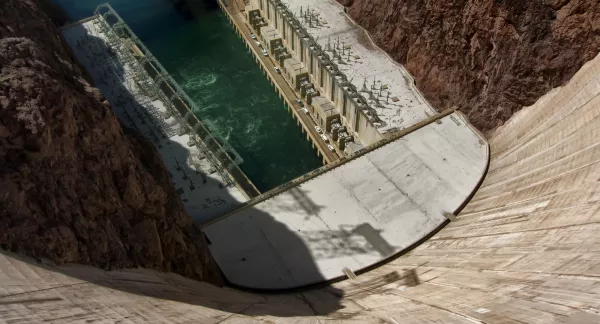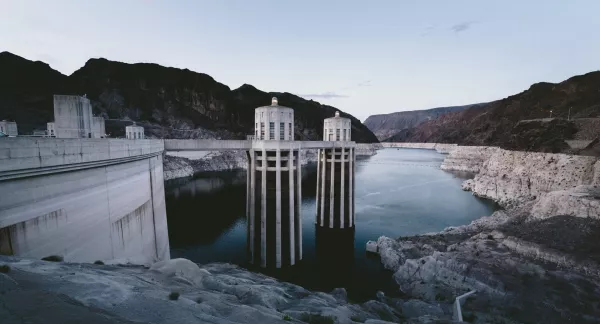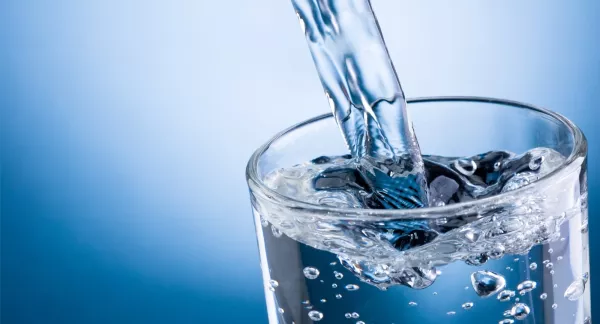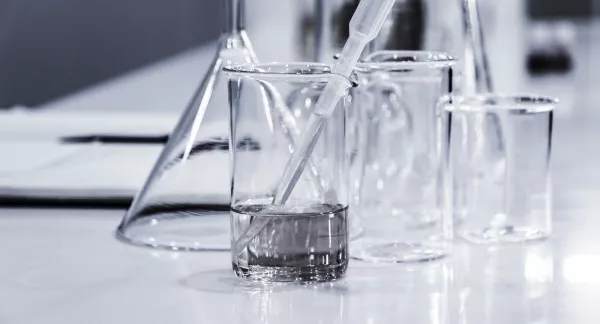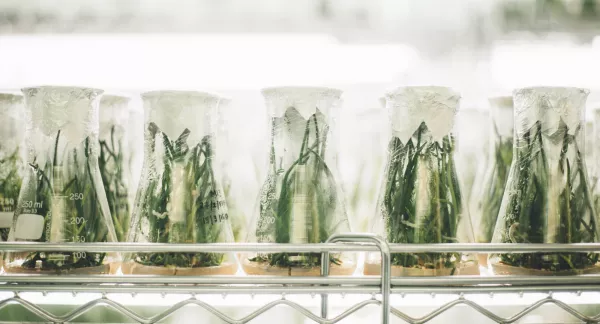Development of Selective Recovery Methods for Desalination Concentrate Salts
Research Impact
Concentrate management is a major concern for inland users of reverse osmosis (RO) because of cost and environmental regulations. A seawater RO facility may be able to discharge its concentrate stream into the ocean, but inland brackish water RO facilities must use alternative disposal options. Traditional concentrate disposal methods include discharge to surface water, evaporation, discharge to wastewater treatment plants, and deep well injection. High costs are driving RO users to look for better options, such as the recovery of salts for beneficial reuse. The sale of such products may subsidize the RO process and the reduction in fouling potential allows water to be treated further by RO or another process, resulting in increased water recovery. The project tested the use of sequential cation and anion exchange between two RO stages. The goals of interstage ion exchange are (1) to remove sparingly soluble salts from RO concentrate so that it can be treated by another RO stage without scaling, and (2) to concentrate sparingly soluble salts during ion exchange column regeneration so that they will spontaneously precipitate when cation and anion exchange regeneration solutions are mixed.
Originally funded as WERF project Desal-06-10e.
